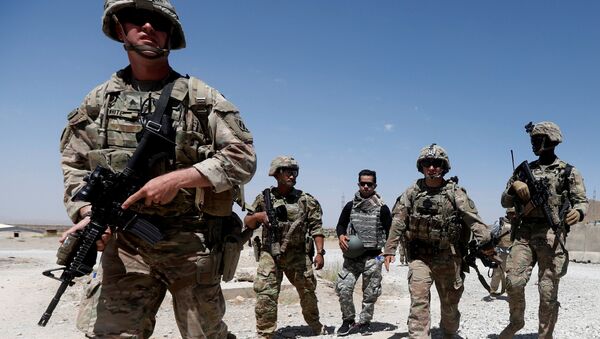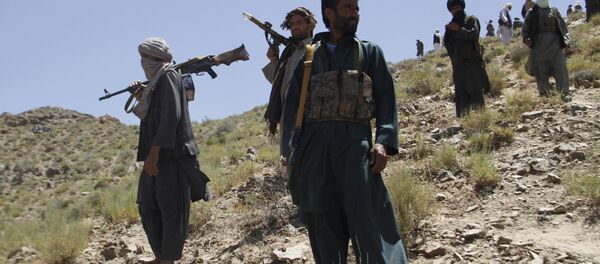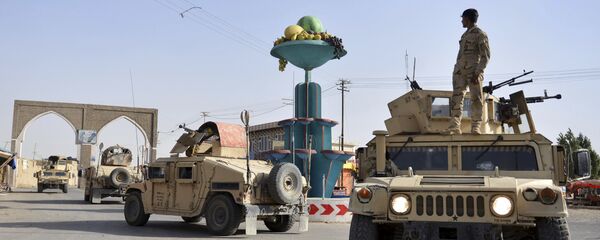The US would withdraw all its troops from Afghanistan in three to five years, under a new peace plan proposed during the talks between US officials and the Taliban.
Under the peace plan, the US will reduce its military presence by half from 14,000 to 7,000 in the coming months, a report by The New York Times says. The remaining 7,000 troops will withdraw together with the remaining 8,600 European and international troops within three to five years.
Until then, US forces will refrain from training the Afghan military, delegating this task to the Europeans, while focusing primarily on counterterrorism operations against al-Qaeda and Daesh remnants in the country.
"The Europeans are perfectly capable of conducting the training mission," James Stavridis, a retired American admiral and former top NATO commander, told reporters. "It is a smart division of labor to have the United States shift the bulk of its effort toward the special forces mission and having the Europeans do the training mission."
Speaking of the president's erratic nature, the US withdrawal from Afghanistan has been discussed with European military authorities, unlike Trump's abrupt decision to withdraw from Syria, the report says.
On Monday, US diplomats met with Taliban officials in Qatar in what the Times describes as the highest-level negotiations yet, in order to develop a framework plan for a withdrawal agreement decided in principle last month.
As a prerequisite for total withdrawal, the US reportedly seeks guarantees from the Taliban that the group will take responsibility for thwarting terrorist groups that may seek to attack the United States and who view Afghanistan as a safe haven.
The Western-backed Afghan government has not been a part of negotiations because of the Taliban's reluctance to speak with President Ashraf Ghani or his envoys.
The prospect of US military withdrawal has raised fears that Ghani's government will collapse, giving the Taliban — known for their hardcore view of Islam — full power over the country.
Some officials believe continued funding for the Afghan military is more important than an enduring international troop presence for the survival of Afghanistan's government. So far, the US has poured billions of dollars into the Afghan military for more than a decade. Despite $8 billion spent on the Afghan Air Force alone, Pentagon audits show that the force will not be self-sufficient until 2030. The total cost of war in Afghanistan is estimated at $1.5 trillion, according to a 2018 CNBC report.
The US military operation in Afghanistan began in 2001, as a part of then-US President George W. Bush's "War on Terror" following the 9/11 attacks. The operation swiftly ousted the Taliban government, but despite that, the group retains control over the majority of Afghan territory. The intervention also failed to thwart Afghanistan's production of opium, which reached a record level of 9,000 metric tons in 2017, according to a Brookings Institution report, despite the US spending $8.6 billion on this particular issue. Afghanistan is currently the world's leading opium producing country, according to the United Nations Office on Drugs and Crime monitoring.






